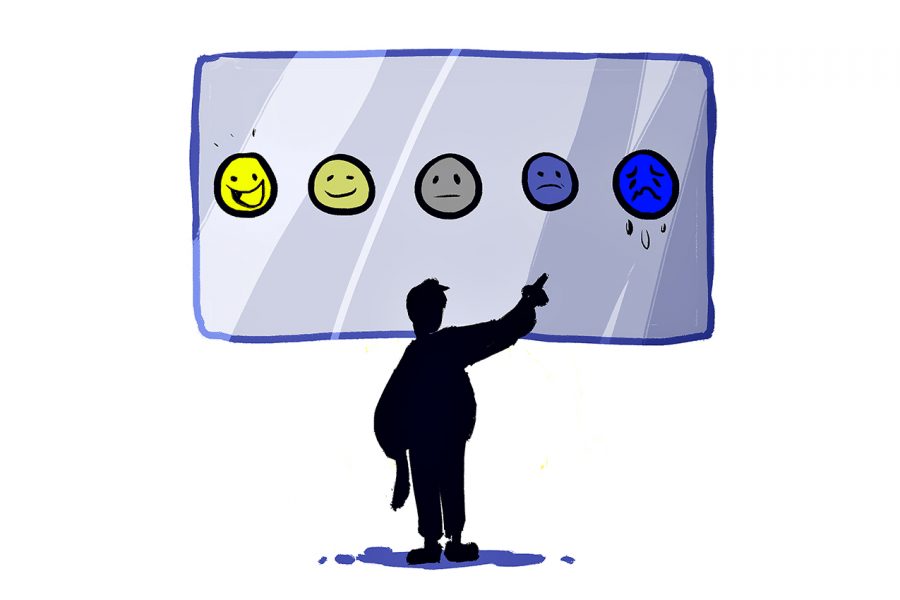Over winter break, government freshman Rylee Matousek fell into the habit of frequently checking her phone. But constantly browsing through sad tweets and posed Instagram pictures had its drawbacks.
“Every time I got on social media I felt sad,” Matousek said. “Eventually I was like, ‘Why am I doing this to myself?’”
Matousek is not alone in noting the correlation between social media and spiraling mental health issues. Earlier this month, the American Academy of Pediatrics published a report advising doctors to screen youths from ages 12 to 21 for depression every year.
While the report didn’t name social media explicitly in its findings, many experts have been cited saying social media could be a factor in depression rates among teenagers. In a time of ever-increasing technology and social media usage, Matousek said the Academy’s recommendation makes sense.
Rachel Ladov is an Austin-based life coach and therapist for women, and she frequently works with college and graduate students. Ladov said there is a definite tie between social media and mental health issues, and while social media should not be categorized as a bad thing, using it when you’re experiencing loneliness can amplify fears of inadequacy or the feeling of being left out.
“Often you’re seeing these images that aren’t reality, and it’s so easy to create stories in our minds that everyone is having a better time,” Ladov said. “It’s also easy to become extremely self-critical when everyone is posting the highlights of their lives.”
Executives at major technology companies have also begun to speak out against overusing social media.
Last year, former Facebook president Sean Parker gave an interview to Axios where he objected to social media and it’s wide-spread usage.
“God only knows what it’s doing to our children’s brains,” Parker said. “You’re exploiting a vulnerability in human psychology … (The inventors) understood this, consciously, and we did it anyway.”
Last month, Apple CEO Tim Cook spoke to Harlow College in England about limiting children’s exposure to technology, according to The Guardian.
“I don’t have a kid, but I have a nephew that I put some boundaries on,” Cook said during the talk. “There are some things that I won’t allow; I don’t want them on a social network.”
Matousek had an epiphany when she realized the “true sorrow” she felt on losing a 200-day streak on Snapchat, she said.
“I was appalled at how emotionally attached I was to something as small as a number,” Matousek said. “At that point I was like ‘Why do I care so much? Why do we all care so much?’”
Matousek has since given up Snapchat and deactivated many of her social media accounts. While she has missed out on many of the viral memes that have circulated since the Tide Pod challenge, which was especially confusing, she said taking a break has forced her to realize “it’s not that big of a deal.”
“It’s amazing how reflective those platforms can be of your emotions and how volatile they are,” Matousek said. “You can feel so happy and sad so quickly. This is taking a step back and realizing I am a person apart from my phone.”




















